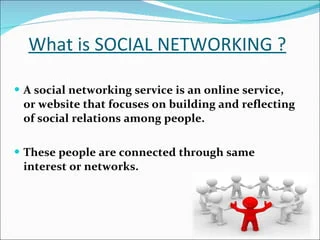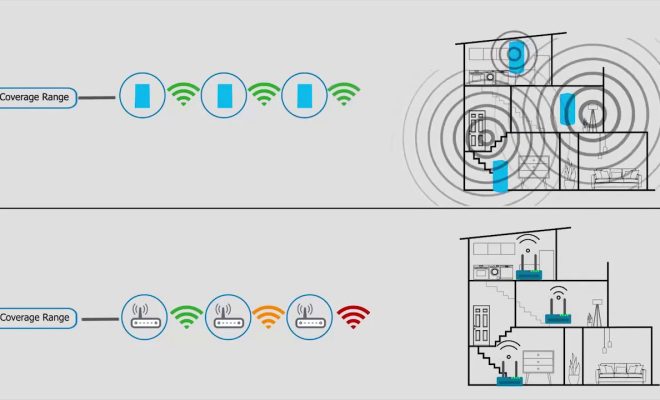What is Information Technology Management (IT Management)?

Information Technology Management (IT Management) refers to the planning, coordinating, and implementing of information technology systems and infrastructure in an organization. IT Management ensures that an organization’s technology infrastructure aligns with its business goals and enhances its overall efficiency.
IT Management involves a variety of processes, including implementing IT strategies, managing the deployment and maintenance of hardware and software, managing data storage and security, and identifying and resolving technical problems. IT Managers are responsible for managing the IT department’s budget, staffing, and resource allocation and ensuring that their team stays current with the latest technological advancements.
IT Management has become an integral part of most organizations since technology plays a critical role in their day-to-day operations. Therefore, IT managers play a crucial role in ensuring that all of the organization’s technical systems are running correctly and reliably. A properly functioning IT infrastructure can increase productivity, help businesses stay competitive, and maintain a competitive advantage.
IT Management helps businesses align their IT needs with their overall business goals through strategic planning. This includes identifying the best technological solutions based on the organization’s needs and ensuring that key stakeholders are involved in the decision-making process. IT managers also prioritize and allocate resources to ensure that IT projects are completed on time, within the budget, and with the desired outcomes.
Another important component of IT Management is cybersecurity. With increasing instances of data breaches and cyberattacks, IT managers must ensure that all data is secure and protected from unauthorized access. This includes developing and implementing comprehensive security protocols and monitoring the organization’s network for potential threats.
Finally, IT Management also involves managing the IT team. This includes hiring, training and mentoring employees and encouraging professional development. IT managers must manage team dynamics and ensure that their employees are motivated and engaged in their work.
In conclusion, IT Management is essential for organizations to ensure that they are using their technological resources effectively and efficiently. IT managers must have the necessary knowledge and experience to manage IT systems, cybersecurity, and the IT team to align the technology infrastructure with their business goals. As technology continues to evolve and become an even more integral part of modern businesses, IT Management will continue to grow in importance.






